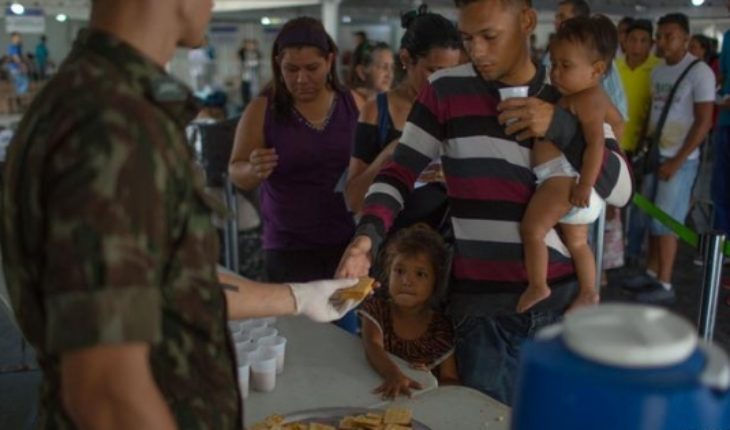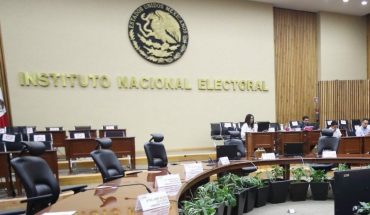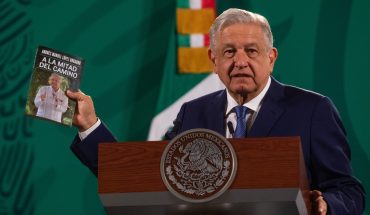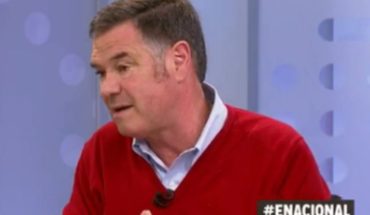UN included for the first time to Venezuela in its annual humanitarian plan, which will provide aid to the countries of South America and the Caribbean receivers most of Venezuelans who have left their country because of the crisis, suffering.
“We plan to help neighbouring countries from Venezuela to face the consequences of the flow of Venezuelans who have come,” said the Secretary general for Humanitarian Affairs of the UN, Mark Lowcock in a press conference in which presented the humanitarian plan global UN for 2019.
The chapter on the Venezuelan crisis will require funding of $ 738 million in order to reach 2.2 million beneficiaries.
“There is a crisis to which for the first time we have a response plan, which is to help countries neighbouring Venezuela to deal with the consequences of a large number of Venezuelans who leave the country,” said Lowcock.
The UN noted the vulnerability of Venezuelans who migrate has been accentuated in recent months, as the majority has walked thousands of miles for several weeks crossing two or more countries to reach their destination.
“In 2019, an estimated 3.6 million people will need assistance and protection, unless the return is foreseeable in the short or medium term”, said the UN plan.
The Organization anticipates that the flow of migrants and refugees to other countries in the region will continue next year, a situation that will increase the pressure on the latter and will affect its response capacity. “There will be an impact on the absorptive capacity of local communities,” predicts.
Under the name “Plan Regional response to refugees and migrants”, the humanitarian operation will be carried out by the International Organization for Migration (IOM) and the United Nations High Commissioner for Refugees (UNHCR) Agency.
UN also allocated funds for emergency humanitarian in Venezuela the UN announced on 26 November that 9.2 million dollars for health and help nutrition in Venezuela, where hunger and preventable diseases are growing in the middle of the collapse of the Socialist economic system of the country.
This is the first financing of emergency of the United Nations for the Government of President Nicolas Maduro, who blames United States of economic problems of the country and an “economic war” led by political opponents.
The Central Fund for action in cases of emergency (CERF) of the UN will support projects to provide nutritional assistance to children under five years, pregnant women and nursing mothers at risk, as also for people emergency care vulnerable, according to the web site of CERF.
The CERF funds mainly projects in countries at war or undergoing other crises, such as natural disasters, told Reuters of a U.N. official.
Aid for the crisis in Venezuela had previously focused on South American countries that have received most of the 3 million Venezuelans who have left the country from 2015 in a mass exodus.
Fears that funds are lost by the critics of the Government corruption held the measure as a recognition by the Venezuelan authorities that the country is facing a humanitarian crisis, something that Maduro has denied in the past, and a step toward addressing a private utility population.
But some fear that the funds can feed the corruption of the ruling party United Socialist Venezuela, which was put under the magnifying glass a week earlier when a Venezuelan former Treasurer, Alejandro Andrade, confessed to prosecutors in the United States which had received $ 1 billion in bribes.
The President of the Commission of the Venezuelan Parliament, Freddy Superlano, Comptroller said in November told the EFE news agency that the embezzlement that suffered the country since 2003 due to the change control more than 400,000 million dollars, a figure nearly 46 times superior to the current international reserves of the nation.
Many Governments have been wary in providing direct assistance to Venezuela, where officials face sanctions from the United States and Europe for alleged irregularities, including corruption, drug trafficking and human rights abuses.
“I am pleased that finally accept helps,” said the exiled Deputy José Manuel Olivares, physician and activist in health, told the Reuters news agency. However, it said that “this is a Government of deeply corrupt institutions, and (funds) could end up in a bank account of a public official in a tax haven.”





